The FSC Indigenous Foundation builds partnerships with and for Indigenous Peoples worldwide
At COP27, FSC-IF signed Memorandums of Understanding with organizations and networks to identify and promote Indigenous-based solutions to the challenges facing our world.
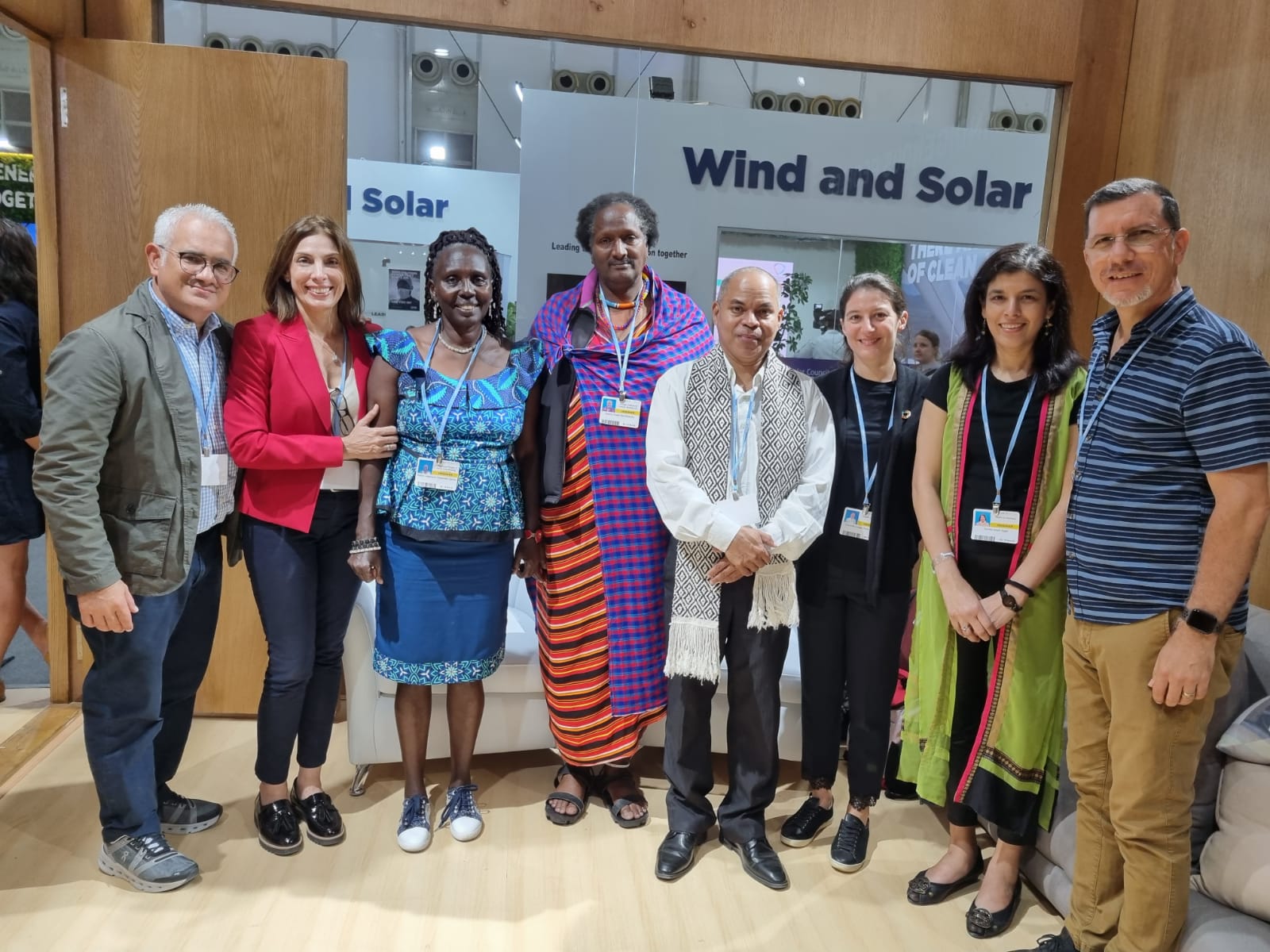
Solutions to the climate crisis require collaboration from different sectors, especially Indigenous Peoples, who have been the world’s nature-based solution providers for thousands of years.
For this reason, the FSC Indigenous Foundation is engaging with different sectors to identify and promote Indigenous-based solutions to global challenges. At COP27, we signed Memorandums of Understanding with the Network of Indigenous and Local Communities for the Sustainable Management of Forest Ecosystems in Central Africa (REPALEAC), the Indigenous Peoples Coordinating Committee of Africa (IPACC), the Ogiek Peoples Development Program, and Health in Harmony to advance Indigenous-led solutions, Indigenous Peoples’ rights, and Indigenous self-development.
Promoting Indigenous Peoples’ rights and self-development in Africa
The FSC-IF is forming strategic partnerships driven by, for, and with Indigenous Peoples in Africa through collaboration with REPALEAC, IPACC, and the Ogiek Peoples Development Program.
REPALEAC is a sub-regional civil society organization with active national networks in Burundi, Cameroon, Congo, Gabon, Equatorial Guinea, Central African Republic, Democratic Republic of Congo, Republic of Chad, and Rwanda. REPALEAC and its member organizations are acting to defend the rights of Indigenous Peoples and Local Communities (IPLCs) as well as to protect the sustainability of the ecosystems to which they are intimately linked and on which their survival depends.
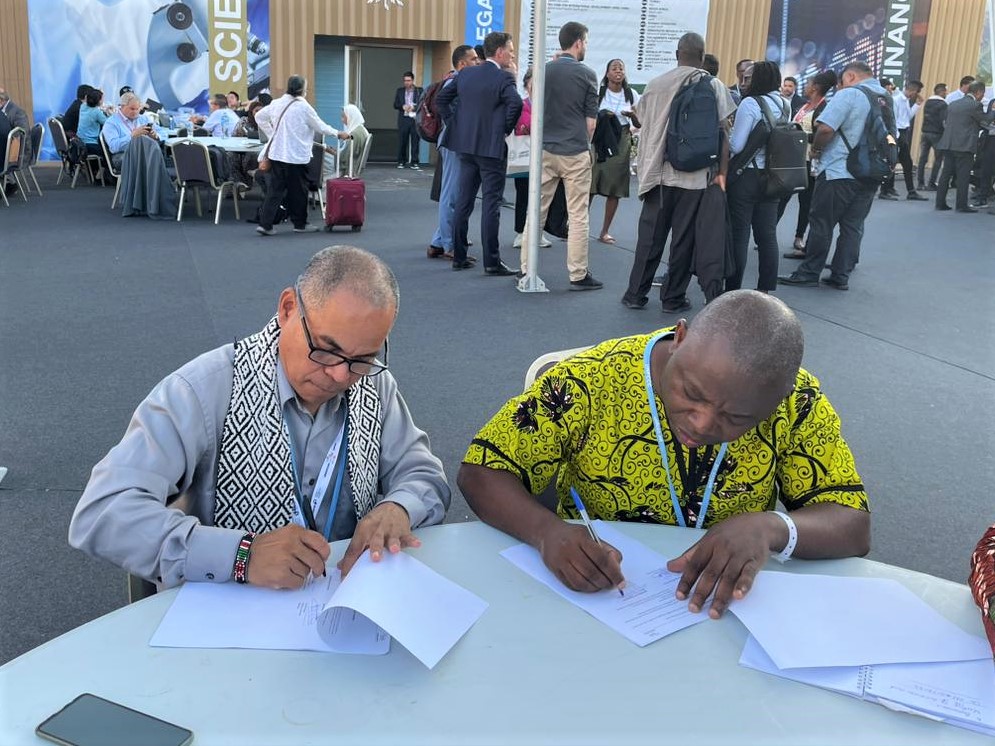
The FSC-IF and REPALEAC established a joint work plan focused on capacity development of REPALEAC member organizations; participation in decisions concerning access to, and sustainable management of, lands, forests, and natural resources; and promoting and strengthening Indigenous economies.
IPACC is a network of 135 Indigenous Peoples’ organizations in 21 African countries, headquartered in Cape Town, South Africa, making it the largest Indigenous Peoples’ network in the world. It was founded to address the most pressing issues facing Indigenous Peoples in Africa including human rights violations, systematic legal and social discrimination, exclusion from decision-making, and political economy.
The FSC-IF and IPACC developed a work plan to strengthen the capacities of IPACC members on issues of women’s rights and youth members on research and digital documentation; support IPACC members to develop a strategy for integrating the United Nations Declaration on the Rights of Indigenous People (UNDRIP), support IPACC members to conduct a study on the operationalization of FPIC in Indigenous territories, and facilitate the development of partnerships with key academic and research institutions.
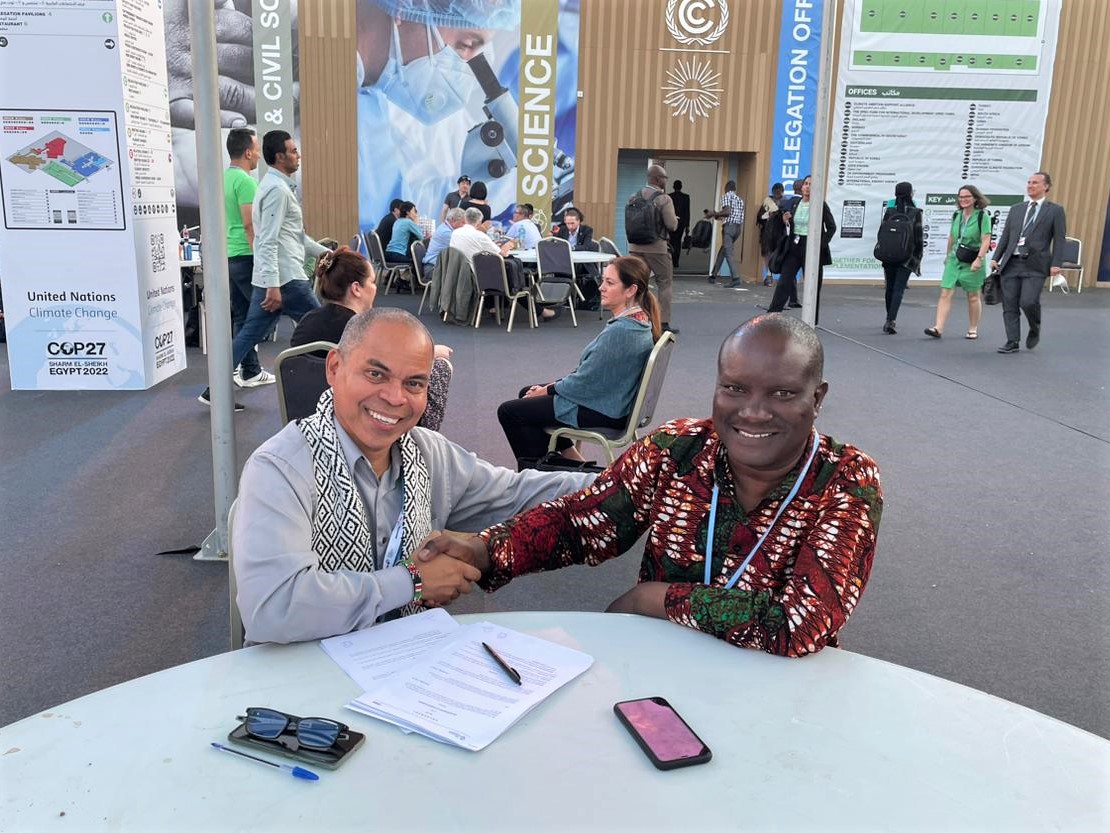
The Ogiek Peoples Development Program (OPDP) is a Kenyan human rights organization dedicated to promoting, protecting, and defending Indigenous Peoples’ rights. It was formed by Ogiek elders, opinion leaders, and professionals after long land historical injustices that deprived the Ogiek community of their rights as Kenyan citizens.
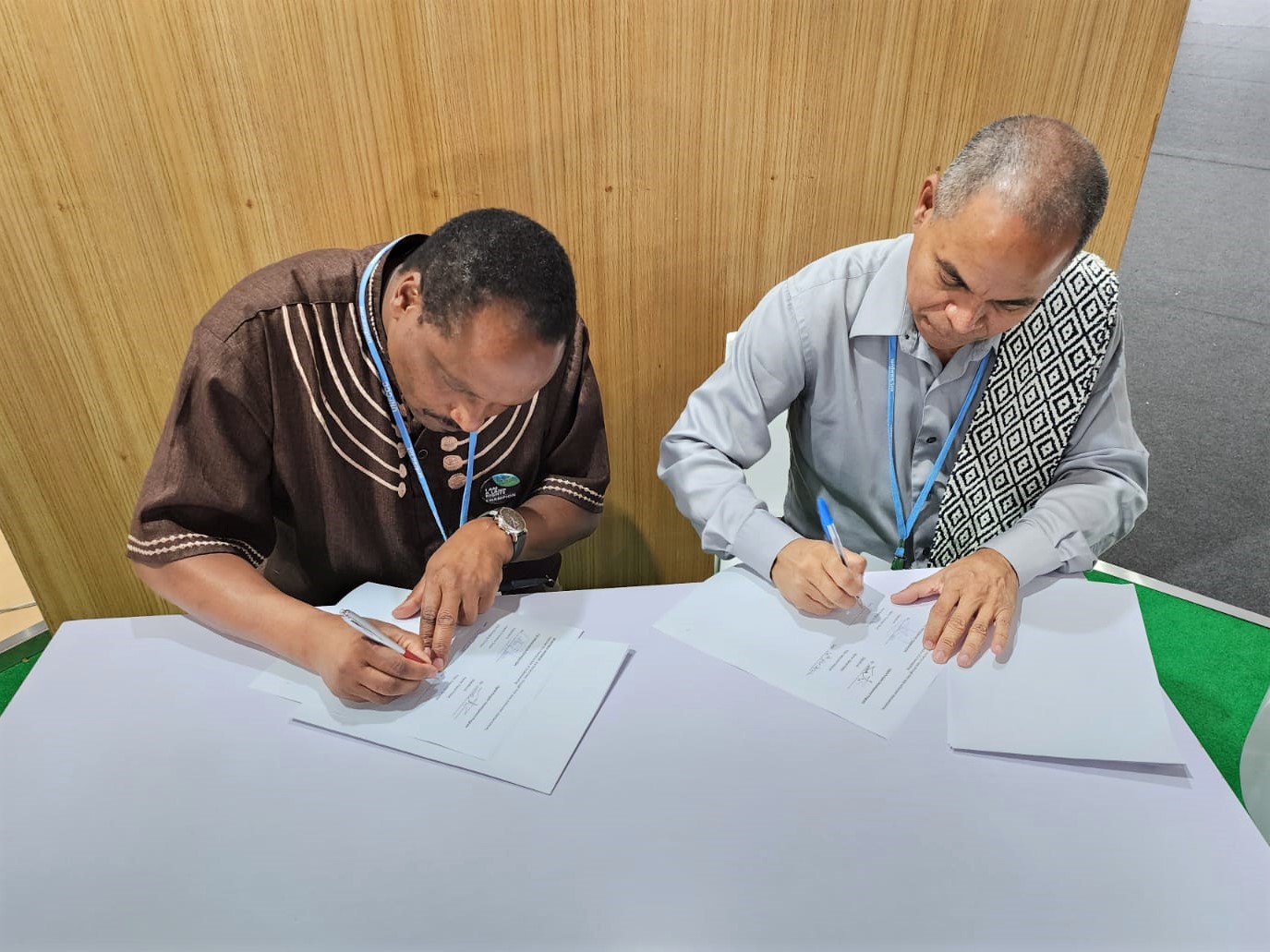
OPDP and the FSC-IF will work together to promote Indigenous Peoples’ rights and self-development in Africa, recognizing the contributions of Indigenous Peoples to protect the forest, the importance of their traditional knowledge, safeguarding cultures, and respect for the role of women in the region.
Global partnership to scale-up Indigenous-based solutions
Founded on Radical Listening, Health In Harmony is a rainforest conservation organization holistically addressing the health of people, ecosystems, and the planet. Its mission is to reverse tropical rainforest deforestation to halt the nature and climate crisis.
Together, we will work towards common goals by, for, and with Indigenous Peoples, on themes of forests, climate change, Indigenous economies, Indigenous leadership and capacity development, Indigenous financial mechanisms, and new funding opportunities. We will also explore the use of tools such as Radical Listening and Rainforest Exchange to facilitate Indigenous-designed solutions for climate, biodiversity, and human wellbeing.
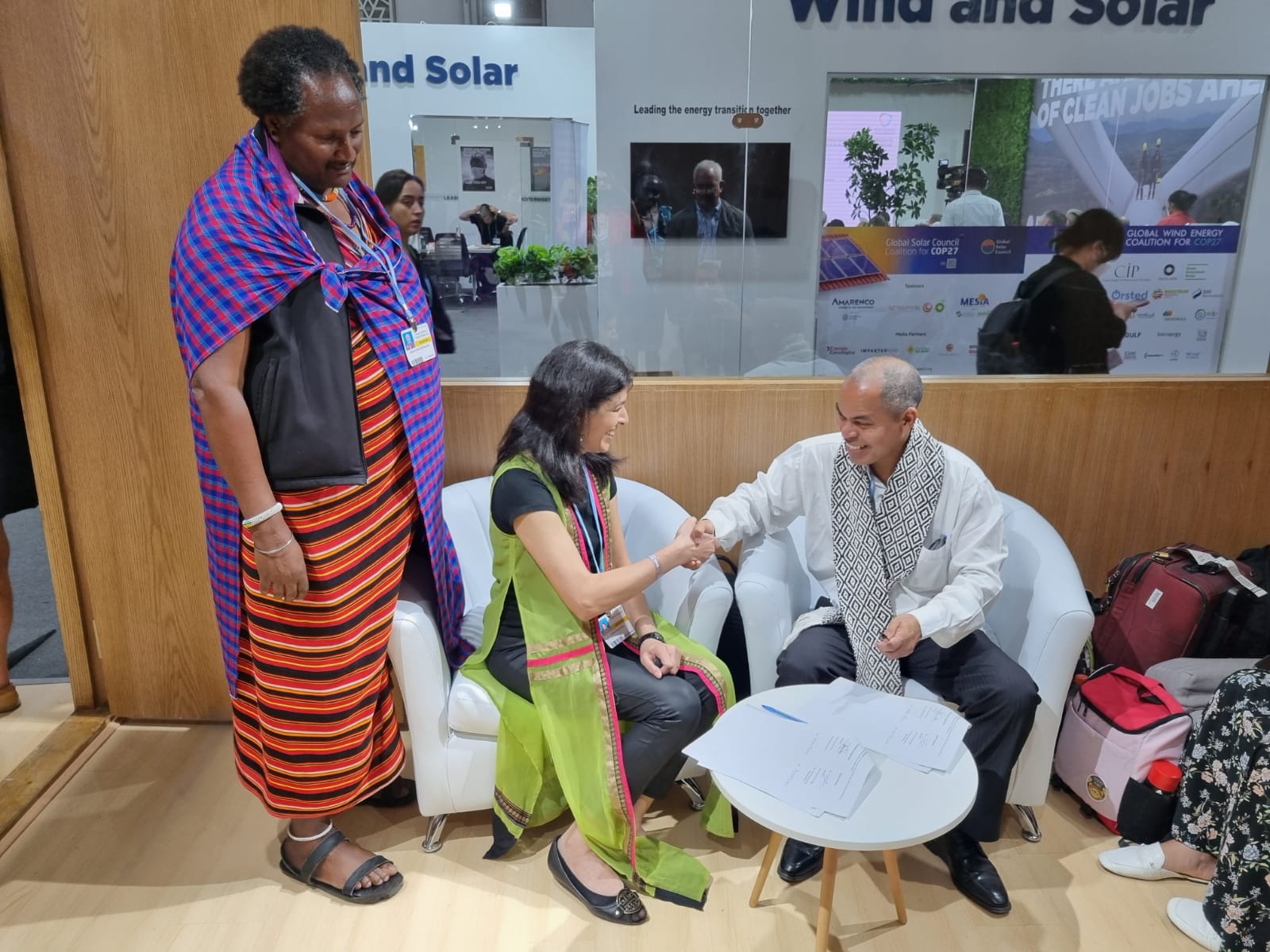
If you are interested in becoming a strategic partner of the FSC-IF, please contact us at: fsc.if@fsc.org
